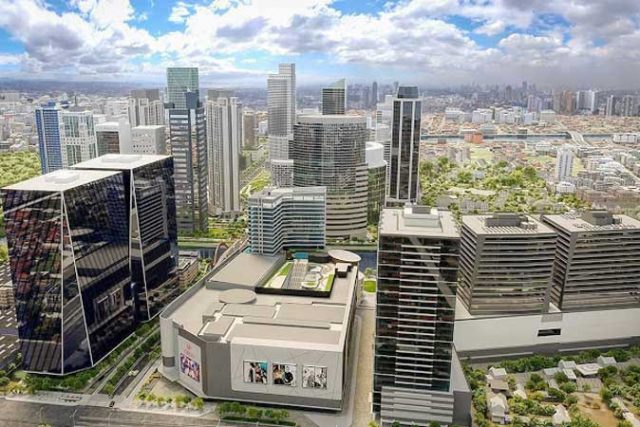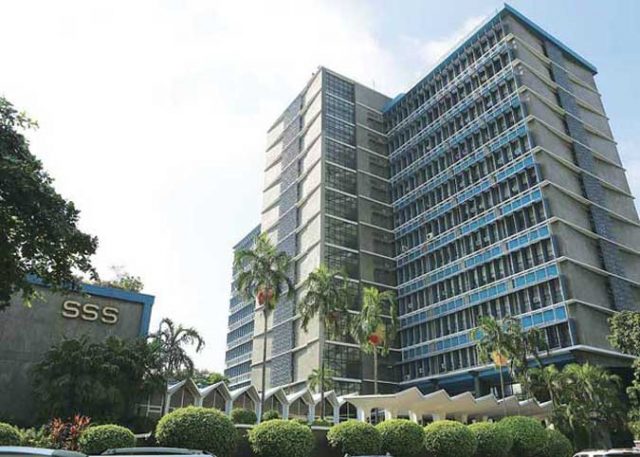SANTA CRUZ, Calif./WASHINGTON — Loading riders onto the Giant Dipper, California’s oldest roller coaster and the star attraction of the Santa Cruz Beach Boardwalk, is not how Karl Rice thought he’d be spending his summer.
But Rice, whose family runs the Northern California amusement park, got a later-than-usual start in hiring workers after reopening in April, following a year-long shutdown triggered by the coronavirus pandemic. So far, he has managed to scrape together only about half of the roughly 1,900 employees needed to handle the busy summer season.
The 114-year-old amusement park is buzzing with customers reveling in their post-lockdown freedom, and with the season’s biggest crowds yet expected over the July 4 holiday weekend, “it’s sort of all hands on deck,” Rice said.
All the executives are working attractions or food stands at least once a week this summer, and Rice, the president of the Boardwalk, takes on two eight-hour shifts a week, usually helping guests in and out of the Dipper, an historic roller coaster.
As the United States approaches its Independence Day celebrations, which the Biden administration hoped would mark the country’s symbolic emergence from the pandemic, the economy is both back to normal, and — as Rice’s experience shows — very far from it.
The mask-wearing and social distancing rules of the last 15 months are largely gone. Unrestricted sellout crowds at Major League Baseball stadiums and restaurant waiting lists are back in vogue.
But there is something of a speed limit on the economic rebound. The $93 million in North American box office sales for the top 10 movies last weekend was the best showing since Valentine’s Day in 2020, before the onset of the pandemic, according to IMDB, yet weekly revenue remains roughly half or less of what it was before the crisis.
“Who knew reopening would be as hard as it has been?” Richmond Federal Reserve President Thomas Barkin said on Monday as he recounted just a few of the anomalies in the economy: Theme parks are limiting their hours because they can’t hire enough workers, despite high unemployment; auto factories are slowing production because of supply shortages in an era of record sales.
Based on output alone, the United States has recovered. According to the latest estimate from the Atlanta Fed’s GDPNow model, the economy has surpassed its $19.3 trillion pre-pandemic level. When it comes to jobs, however, it is still more than 7 million in the hole, with likely many months to go before anything like a full labor market recovery is reached.
Unusually for a recession, people have money to spend, and from an unusual source: the government. Ongoing unemployment insurance payments, the expansion of child tax credits and other federal aid are keeping households flush. Unclear is when or if private-sector wages will take up the slack as the aid ends.
And consumers are spending. Spending on services — the lion’s share of household outlays, which make up 70% of the economy — has been ticking up, particularly in recent weeks. Many restaurants are crowded and owners complain of difficulties hiring.
But the overall leisure and hospitality industry is still missing 15% of the jobs it had before the pandemic. By contrast, jobs in finance are effectively back to normal at just over 99% of the pre-pandemic level.
With the number of new COVID-19 infections in the United States falling, people are eating out again, with seated diners back to pre-pandemic levels, data from OpenTable shows.
Business is brisk at Farley’s, a San Francisco cafe; sales are running at about 70% of pre-pandemic levels but are expected to rise in July, once co-owners Amy and Chris Hillyard hire enough staff to reinstitute pre-pandemic hours. At their bigger operation, Farley’s East in downtown Oakland, sales are only about 40% of pre-pandemic levels.
Chris Hillyard expects a boost next week after Bay Area Rapid Transit employees resume working for three days a week at their Oakland headquarters around the corner from Farley’s East, but he projects monthly losses until the fall, when he hopes larger numbers of office workers will return.
US air travel has climbed back steadily but is only at about 75% of 2019 levels, largely due to the slow rebound of international and business travel. TripActions, a travel management company, said bookings for air and ground transport as well as hotels have more than quadrupled since the start of 2021, but have only reached 60% of their pre-pandemic level. International business travel is at 18%.
The labor market remains far from normal.
Though there are several million more unemployed than before the pandemic, US businesses also report a record number of job openings. Companies want workers, and workers are quitting jobs in large numbers, presumably to take others that are more rewarding. But net job growth has been slow compared to the numbers needed to get back to pre-pandemic levels.
Governors in Republican-led states have blamed sluggish job-to-worker matching on enriched federal unemployment benefits that they feel encourage people to stay home, and have moved to cancel those extra payments.
William Spriggs, a Howard University economics professor and chief economist for the AFL-CIO labor group, suggested a different explanation: Skilled workers in slower-to-recover industries are waiting to resume careers and not feeling compelled to take any job that comes along.
Trades workers in the entertainment industry, he said, “don’t want to work at McDonald’s,” but are waiting for Broadway shows, live concerts and movie production to resume. Analysts who assume the people who are unemployed can be matched one to one with the jobs that are open right now “are off compared to where the market is.”
At the Boardwalk, the pandemic shutdown and lack of much advance notice about the reopening meant that seasonal hiring this year started months later than usual. When it did, competition for workers was stiff because all local businesses were ramping up at once.
Applicants surged after the park offered a $300 bonus every two weeks for those clocking at least 30 hours a week, said Sabra Reyes, the Boardwalk’s director of human resources. The limiting factor now, she said, is how fast she can train and get new hires into their jobs.
“We’ve been hiring at full speed,” said Reyes, who works the amusement park’s Cave Train ride each week. “But it was and it’s still a struggle.” — Reuters


















